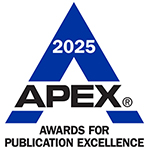
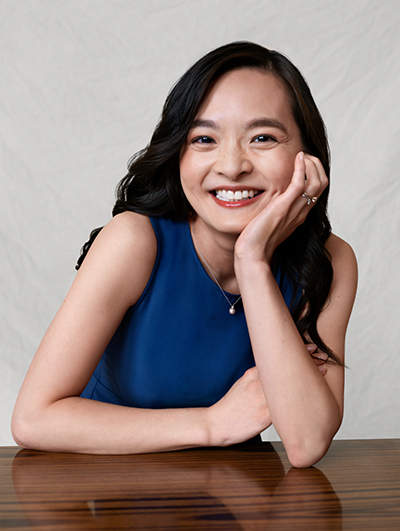
Sonia Su, 32, was diagnosed with an aggressive type of non-Hodgkin's lymphoma in 2018. The unexpected diagnosis at age 24 forced her to take a medical leave of absence from graduate school at Georgetown University to seek treatment. After undergoing six rounds of chemotherapy, Su’s cancer went into remission, and she pursued a fellowship to study in Taiwan. Unfortunately, Su’s life took a turn when she experienced a cancer relapse just months later.
“Everything seemed fine after treatment, but then I started feeling symptoms again during my time abroad,” Su said. “I ended my fellowship early and flew home to Maryland to receive salvage chemotherapy. The R-ICE chemo treatment was supposed to prepare me for a stem cell transplant, but I had to be back in remission before I could even start that procedure.”
The opportunity for a stem cell transplant slipped away once again when Su experienced a second relapse while waiting for a match. After exhausting her options with chemotherapy and radiation, she decided to seek another route.
“I heard about immunotherapy – a treatment involving CAR T-cells – but the hospital where I was receiving treatment did not offer it at the time, since it had only been approved by FDA about a year earlier,” she told AABB News. “Luckily, I was eligible to receive this therapy, so I switched my treatment and care team to the University of Maryland Medical Center in Baltimore. I just wanted a fighting chance. They told me it was 50/50, but that sounded great to me.”
Su underwent CAR T-cell therapy on March 27, 2019. She noted the immunotherapy was less grueling on her body than chemotherapy and described the three-week waiting period between the collection of her cells and her admission for infusion day as the most challenging part of the process.
“CAR T-cell therapy felt like a one-and-done treatment. After going through preconditioning chemotherapy before my infusion day, my genetically modified T cells were administered with a single infusion,” she said.
Recipients of CAR T-immunotherapy require close monitoring for potential side effects after infusion. Su spent two days in the ICU during her 11-day hospital stay after developing a fever and cytokine release syndrome, a common toxicity following this particular therapy. My medical team had already forewarned me about this side effect and told me it was manageable, so I wasn’t too frightened. I found that putting trust in my team made me feel much better and hopeful about the whole process,” Su said.
Su recalled feeling noticeably better during her last days as an inpatient and noted her former symptoms had decreased before her discharge.
“My face had been swollen because the tumor was literally restricting the blood flow to my face and chest. After the procedure, I had less chest discomfort and facial pressure, which was a good sign,” she said. “I remember feeling anxious to go home, but in a good way. I looked forward to living my life again.”
Su received a clean scan 30 days after her CAR T-cell infusion. She has now been cancer-free for six years.
“I remember taking a picture with my parents, and they had their hands up in the air in excitement. They were really happy, because at that point it felt like an incredibly long journey. We were grateful to find a treatment that seemed to work,” Su said.
The major symptom Su experienced after immunotherapy was fatigue. She became stronger over time and returned to Georgetown University in the fall. She noted the short-term side effects of the procedure were manageable. She began receiving monthly subcutaneous injections to support her immune system—a therapy she still continues.
“Everyone’s experience is different. I was lucky enough that those immediate side effects weren't too harsh, but I still live with long-term effects to this day, and it's something I wish I knew more about in advance,” Su said. “I know several CAR T-survivors who need intravenous immune globulin (IVIG) or subcutaneous injections regularly. It’s part of our new normal. Still, I'm just grateful to be able to live this life.”
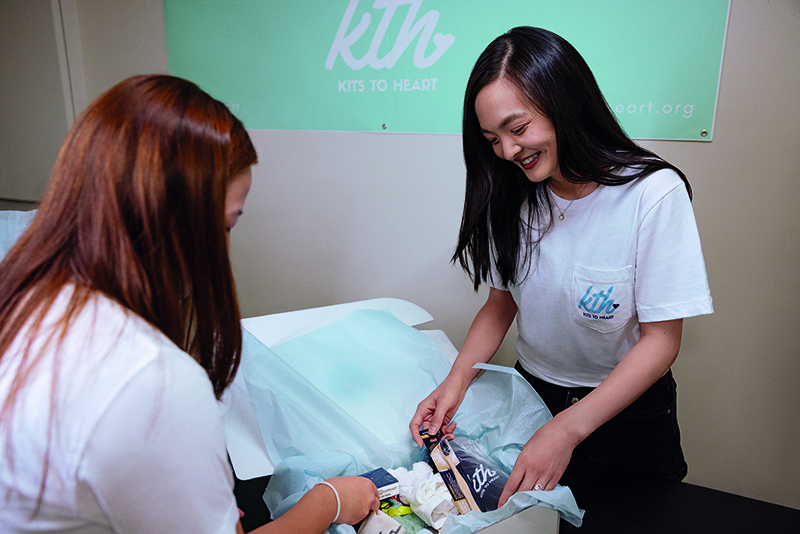
After being admitted for her infusion, Su discovered a care package on the hospital bed—a gift left by a former patient. The stranger’s act of kindness during the darkest time in her life became the catalyst for her to pay it forward.
“Seeing the package on my bed inspired me to keep going. I made a promise to myself that day that I would do the same once I got out of the hospital,” she said. “The woman who left that package has been an incredible supporter and has inspired me to start this ripple effect of kindness that involves an entire community of not only cancer survivors and their families, but also younger students.”
Su fulfilled her self-promise and launched Kits to Heart in May 2020 during her final semester of her graduate program. Her nonprofit organization provides thoughtfully designed, curated cancer care kits to hospitals and cancer centers; it also ships directly to patients and caregivers nationwide. To date, the volunteer-run nonprofit has distributed more than 10,000 cancer care kits to patients and caregivers in all 50 states. Additionally, Kits to Heart offers an innovative Art for Cancer Wellness program to address the issue of loneliness and provide tools to heal and cope for patients, caregivers and oncology health care workers.
“It’s been a remarkable effort to see so many strangers come together to help. Our mission is to bring smiles and solidarity to those affected by cancer. I'm incredibly proud of all the work that we've done.
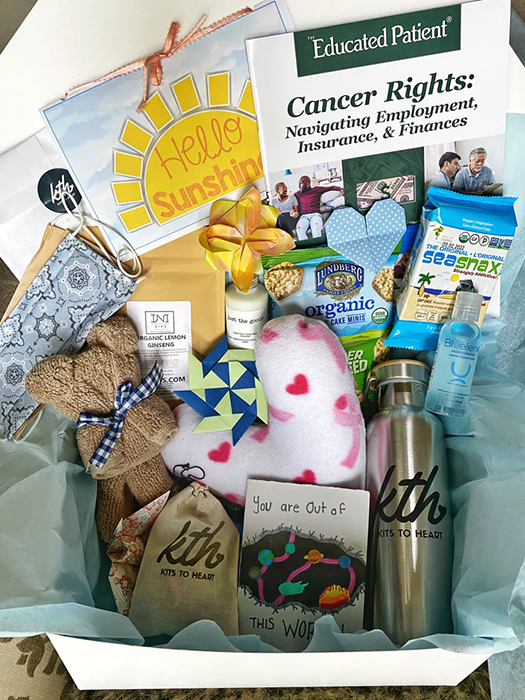 Every kit includes a reusable water bottle, handwritten cards, journal, care bear towels, origami, face masks, heart pillow, lip balm, ginger chews, protein snack, informational resources, friendship bracelets and more.
Every kit includes a reusable water bottle, handwritten cards, journal, care bear towels, origami, face masks, heart pillow, lip balm, ginger chews, protein snack, informational resources, friendship bracelets and more.
Each box is full of love, Su pointed out. “It’s been a remarkable effort to see so many strangers come together to help. Our mission is to bring smiles and solidarity to those affected by cancer,” she said. “I'm incredibly proud of all the work that we've done.”
As a survivor who went through three different lines of treatment, Su said she knows how it feels to want to give up. She aims to convey a message of hope through her mission and nonprofit.“I am very proud of the entire journey I had to go through. Being diagnosed at 24 years old, I was often the youngest person in treatment centers, which made me feel even more isolated. I want to make sure that people never feel alone and know they can get through this,” Su stated. “With the advances in medicine, there’s always hope. If one treatment fails, there’s always going to be another one in the pipeline. I'm just grateful that I've been given that chance. My cancer journey gave me a mission in life to help other cancer patients.”
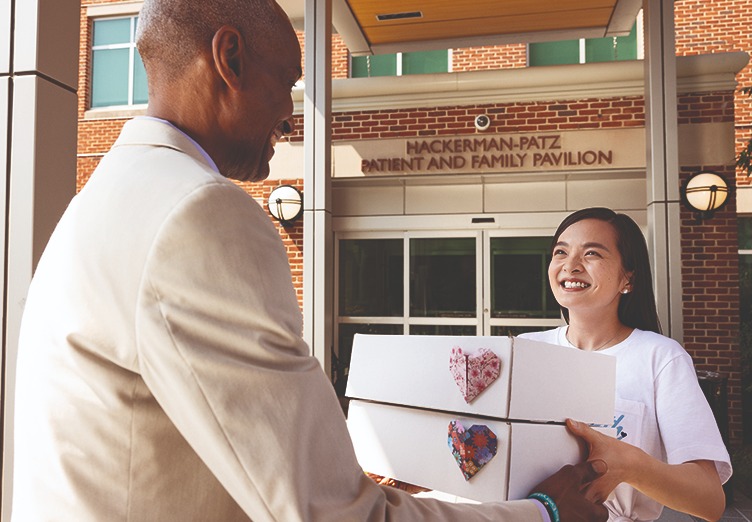
“It’s incredible to see all these advances and developments in cancer treatment to save lives and improve the quality of life for patients,” Su added. “I'm deeply grateful for the people so dedicated to this field. I want them to know that the work they are doing truly matters. It helps people like me to live a healthy life, have a family and help the community in return.”
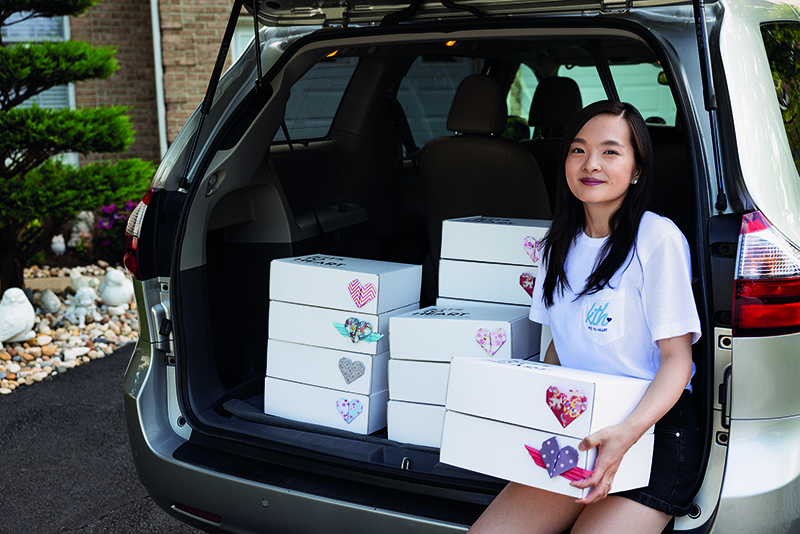
To learn more about Sonia Su and her organization, visit kitstoheart.org.
PREVIOUS STORY
Unlocking Biotherapy AccessBACK TO ISSUE
April 2025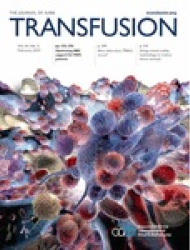
Transfusion is AABB’s scholarly, peer-reviewed monthly journal, publishing the latest on technological advances, clinical research and controversial issues related to transfusion medicine, blood banking, biotherapies and tissue transplantation. Access of Transfusion is free to all AABB members.
Learn More About Transfusion Journal
Keep abreast of what's happening in the field of biotherapies with CellSource - AABB's monthly update on the latest biotherapies news.
To submit news about the blood and biotherapies field to AABB, please email news@aabb.org.
President
Meghan Delaney, DO, MPH
Chief Executive Officer
Debra Ben Avram, FASAE, CAE
Chief Communications and Engagement Officer
Julia Zimmerman
Director of Marketing and Communications
Jay Lewis, MPH
Managing Editor
Kendra Y. Mims, MFA
Senior Communications Manager
Drew Case
AABB News
(ISSN 1523939X) is published monthly, except for the combined November/December issue for the members of AABB; 4550 Montgomery Avenue; Suite 700 North Tower; Bethesda, MD 20814.
AABB is an international, not-for-profit association representing individuals and institutions involved in transfusion medicine, cellular therapies and patient blood management. The association is committed to improving health by developing and delivering standards, accreditation and educational programs that focus on optimizing patient and donor care and safety.
+1.301.907.6977
Email: news@aabb.org
Website: www.aabb.org
Copyright 2025 by AABB.
Views and opinions expressed in AABB News are not necessarily endorsed by AABB unless expressly stated.
Notice to Copiers: Reproduction in whole or part is strictly prohibited unless written permission has been granted by the publisher. AABB members need not obtain prior permission if proper credit is given.
